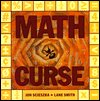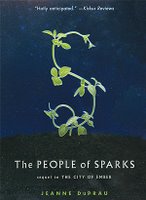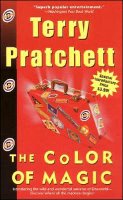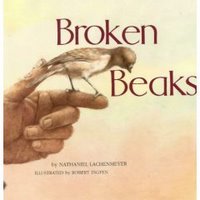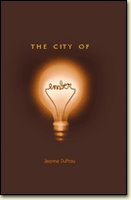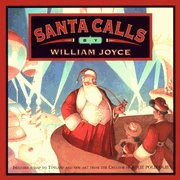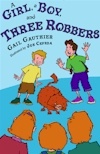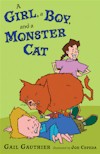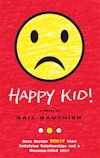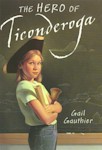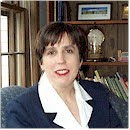Does Anyone Ask These Kinds of Questions in the U.S.?
The Royal Society of Literature asked British authors to come up with lists oftop ten books for school children. In a Guardian article in which Andrew Motion (Britain's poet laureate), J. K. Rowling, and Philip Pullman are all quoted, the word "children" seems to be defined very loosely, since Where the Wild Things Are and Portrait of a Lady were both included.
Motion made an interesting point about difficult works being considered elitist. Nonetheless, I wonder if his list, which included Paradise Lost and Ulysses wouldn't be inaccessible to many college graduates, forget about "children."
Now, I know I'm nitpicky, but if I were asked to nominate ten books for such a list, I'd want to know what I should use for criteria. What's the point? What do we want to achieve with this list? Cultural literacy? Should we include The Bible so people will get the Biblical references in the first Matrix? (I have young relatives who say I ruined that movie for them by pointing out Biblical references. Heh, heh, heh.) Do we want to create a nation of readers? Do we want to include books just because educated people ought to know this stuff? (Says who?)
I feel we have a real problem with people not wanting to read, and I don't think television is entirely to blame. I know this is anecdotal, but I know plenty of intelligent, well-educated people who don't enjoy reading. I'm talking honors course, AP people here, even AP English people. So, if I were going to create a list of books people should read before leaving public school, one of my criteria would be that the books should do no harm. Meaning, they wouldn't send readers running out of the room.
Another criteria would be to choose books that had some kind of impact on literature in general or on popular culture. I think being able to see those kinds of connections would help readers feel the books had some value for them.
And, finally, since this is the United States, I'd like to see books that reflected different regions of the country or different periods of history.
So, some books I might choose for every American to read before finishing public school:
The Odyssey. It's the first journey story, and to this day books and movies use it as a model.
Frankenstein by Mary Shelley. It's theme, that man should not mess with God's business or, put another way, science has run amuck, is timeless. Every child should be able to recognize a "Frankenstein Story" when she sees one. And for a nineteenth century book, this is very readable.
Little Women or Little Men by Louisa May Alcott. These books reflect Alcott's Transcendentalist upbringing. Transcendentalism is unbelievably complicated, but it had an impact on many aspects of life including religion, philosophy, and certainly literature. It was also the first philosophy to start here in America. Little Women touches on the Civil War, though some might find Little Men more readable.
Huckleberry Finn by Mark Twain. Though I recall being bored while we were discussing this in high school English, Huckleberry Finn brought regional dialect to the novel. It's also a variation on The Odyssey--a journey story but with buddies. Personally, I agree that race is a touchy issue in this book. The Tom Sawyer escapade at the end is a jaw dropper. So discuss it.
The Story of David and Goliath, and The Prodigal Son as picture books. Come on. These basic story lines have been used over and over again.
I know I need five more books, but I'm running out of time. Over the next few days I'll try to come up with regional books.
